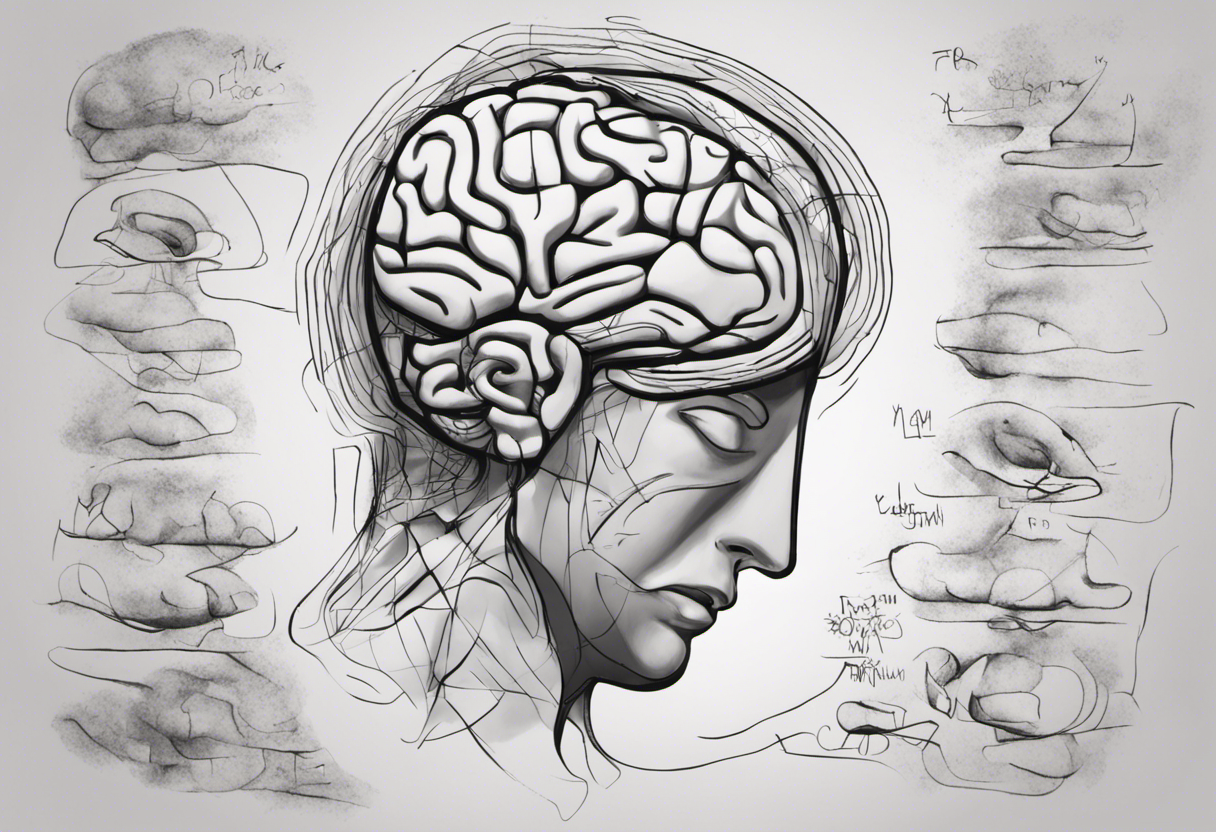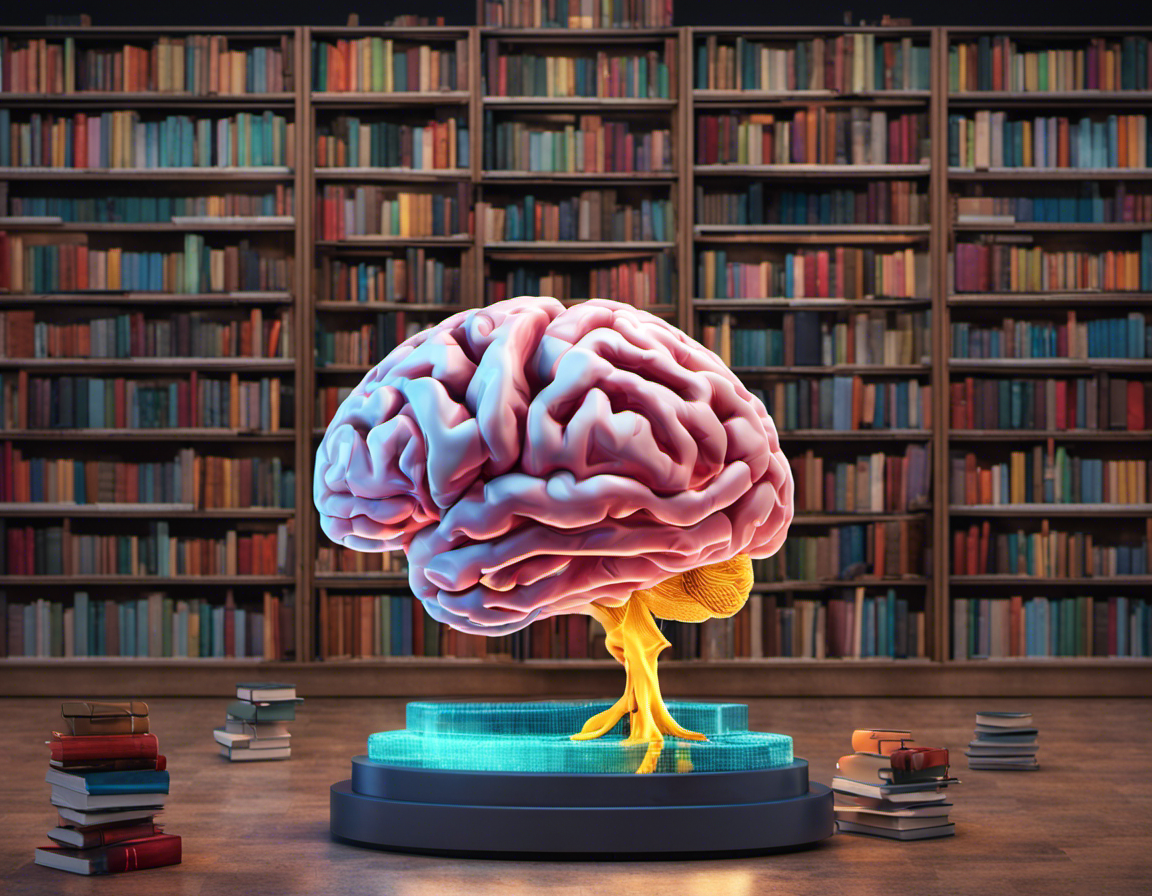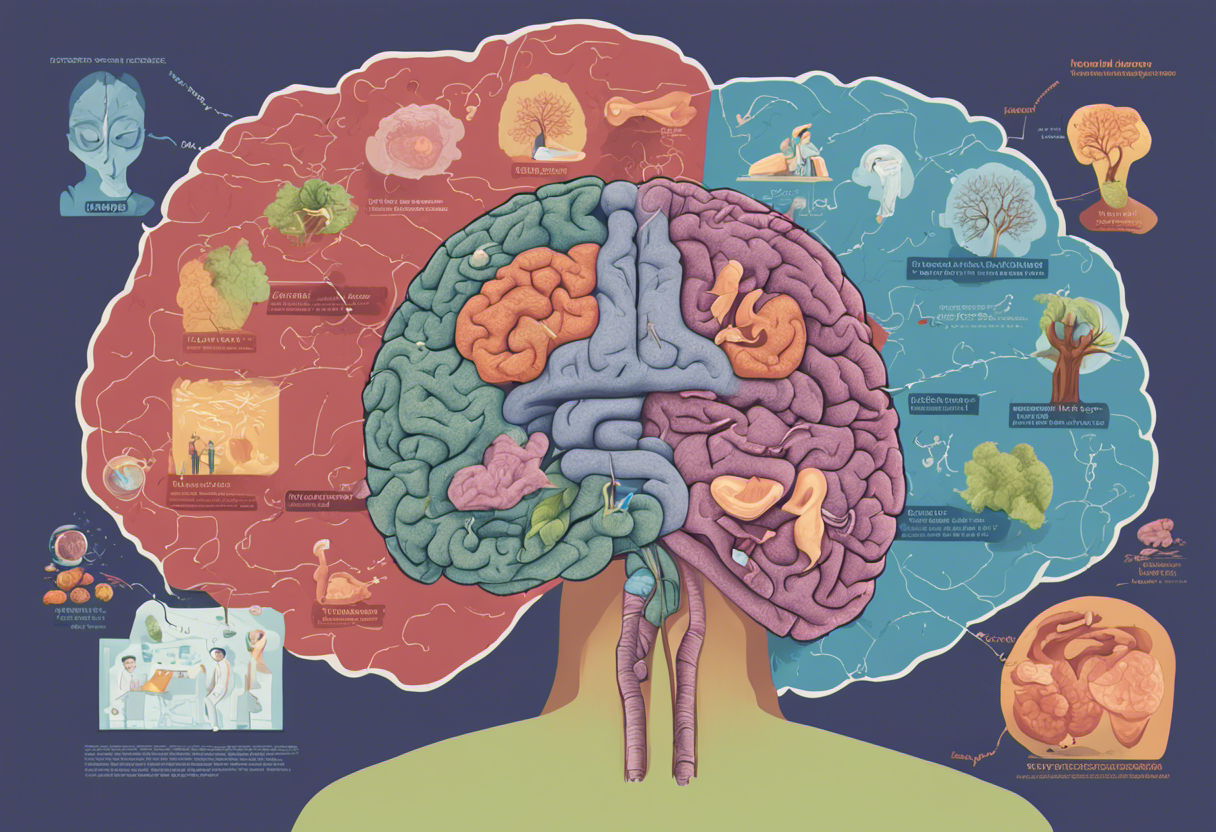Unlock Your Brain’s Potential: Study Techniques from Memory Champions

Have you ever wished to possess a super-memory? To remember massive amounts of information, names, faces, facts and even long lost memories just at the drop of a hat?
Our brain has an incredible capacity to store vast quantities of information, yet many of us struggle with remembering crucial details for our studies or everyday life. What if the answer lingers in the techniques used by memory champions across the world?
This article will delve into the fascinating realm of memory, exploring its role in learning and providing insights into how memory champions optimize their brain’s potential.
You’ll discover practical and effective study techniques that can transform your learning process and enable you to unlock your brain’s full memory power.
Using methods like the Memory Palace, chunking information, regular practice and even dietary choices; this guide will equip you with valuable tools to enhance and invigorate your memory. Be ready to embark on an extraordinary journey inside the human mind as we unlock the secrets of exceptional memory!
Understanding Memory
In order to fully grasp the concept of super-memory and how it can be developed, it’s essential to first establish a fundamental understanding of memory itself.
Basics of Memory
Types of Memory
Our memories do not exist in a singular, unified form. Instead, they are categorized into different types, each with its own unique function and attributes. Some key types to keep in mind include:
- Short-term memory (STM): This form of memory holds limited amounts of information for brief periods, around 20 to 30 seconds.
- Long-term memory (LTM): Information that has been encoded from short-term memory to long-term memory may remain there indefinitely. This captures our foundational knowledge and experiences.
- Working memory: This type is critical for cognitive tasks such as reading, problem-solving, and decision-making, maintaining and manipulating information over short periods.
How Memory Works
Memory processing is a complex task that involves various stages—encoding, storage, and retrieval. The first stage, encoding, occurs when sensory information is transformed into a form that can be stored in the brain. Next, during the storage phase, this transformed information is held within the brain to be retained over time. Finally, the retrieval process permits access to the stored information when needed.
The Role of Memory in Learning
Understanding the basic functioning of memory would be incomplete without relating it to the learning process.
Importance of Memory in Studying
Efficient learning requires a strong memory. In fact, memory serves as the cornerstone of studying—every piece of information we learn has to go through our memory system before it can be used. The better your capability to memorize facts or content, the more efficiently you will be able to apply them during exams or practical application.
Techniques to Improve Memory Retention
There’s good news for those who struggle with remembering important information: memory is like a muscle, and with the right training, it can be conditioned to perform better. Here are some effective techniques used by memory champions:
- Chunking: Breaking down complex information into smaller, manageable “chunks” can make it easier to remember.
- Mnemonic devices: Using simple cues or acronyms can help in memorizing harder facts or figures.
- Spaced repetition: Revisiting the learnt material at regular intervals helps in consolidation of memory.
- Mind mapping: Visual representation of information creates meaningful patterns and aids in better retention.
These strategies can go a long way in enhancing your memory skills, leading to better learning outcomes.
Memory Techniques Used by Champions
The human brain has an amazing potential for storing and recalling information, a potential that memory champions tap into using specialized techniques. They have demonstrated remarkable abilities to remember sequences of numbers, cards, faces, and much more. The secrets of their extraordinary feats don’t stem from an innately superior memory capacity, but from well-honed methods that they train rigorously to perfect.
Techniques Overview
To manage a high input of information and recall it accurately, memory champions generally rely on two core strategies: the Method of Loci and the Memory Palace technique.
Method of Loci
Originated in ancient Rome, the Method of Loci is a helpful trick used by memory prodigies. This technique involves visualizing a familiar path or location and associating each piece of information with specific landmarks along the way. When you want to retrieve this information, you simply walk through this mental path and pick up the pieces from where you’ve left them.
Memory Palace
Similar to the Method of Loci strategy, Memory Palace involves setting a mental map using your memory. However, instead of a path, you visualize a familiar building like your house. Each room within that building associates with specific content making the memorization and retrieval process much easier and efficient.
Increasing Memory Capacity
Increasing memory capacity and improving recall proficiency plays an essential role in becoming more efficient when studying or learning new skills. Two strategies that can help with this goal are chunking information and using association via storytelling.
Chunking Information
One method widely used for dealing with large amounts of information is chunking. Instead of trying to memorize an overwhelming amount of raw data, chunking involves breaking down information into smaller pieces or ‘chunks’. Humans naturally use this process when remembering phone numbers where numbers are typically broken into smaller units instead of a long sequence.
Storytelling and Association
Creating stories around facts is another effective tool for remembering. When you’re learning new information, try to associate or tie it in some way to a story. The human brain is naturally wired to respond to narratives, and the more ludicrous, funny or interesting the story – the stickier the memory.
Sustaining Memory
Achieving a robust memory does not rest solely on strategies and techniques. Factors such as regular practice, diet, lifestyle choices, and sleep importantly contribute to sustaining optimal memory functions.
Regular Practice and Review
As with any skill, regular practice is essential for growing and sustaining the brain’s ability to memorize. Periodic reviews reinforce memories and help prevent forgetting. Techniques such as spaced repetition are well-suited for this purpose.
Diet and Lifestyle Choices
Memory power isn’t just about intentional brain exercises; it’s also influenced by overall health habits. A balanced diet rich in antioxidants and omega-3 fatty acids, regular physical exercise, good sleep hygiene, and activities that reduce stress like mindfulness meditation all have positive effects on memory functions.
Memory Training Exercises
Exercises specifically crafted for improving memory are fundamental. They press you to stretch your memory muscles past their usual comfort zone. In addition to regular revision and testing yourself, consider incorporating specific exercises into your routine like Card Memory Exercises and Number Memory Exercises.
Card Memory Exercises
Training with cards helps make abstract data more comprehensible by representing them in a tangible form. Memory champions often engage in vigorous card memorization exercises where they try to memorize the order of an entire deck of cards as quickly as possible.
Number Memory Exercises
Numbers can seem abstract and easy to confuse or forget. However, through number memory exercises involving different strategies like rhyme or image association for each digit or grouping numbers together into larger units (chunking), one can get better at retaining them. A popular activity is trying to remember as many digits of Pi as possible.
Conclusion
Unlocking our brain’s full potential is not a distant dream but a reachable goal through the artful mastering of memory techniques. Remember the importance of different types of memory: short-term, long-term, and working memory, and how they play a pivotal part in the learning process. Techniques like chunking, mnemonics, spaced repetition, and mind mapping are powerful tools to elevate your learning outcomes.
It’s fascinating to explore the exceptional methods used by memory champions. The intriguing Method of Loci and Memory Palace techniques can work wonders to enhance your memory capacity, particularly when combined with a strategy of storytelling and association. Regular practice, conducting reviews, maintaining good diet and lifestyle choices can fortify these skills further.
Engaging in memory training exercises such as card memory or number memory can only add more depth to your super-memory repository. In essence, unlocking your brain’s full potential is all about employing the right mix of strategies and consistent practice.
Take this knowledge further, embark on a journey of optimizing your mental capacity. Face each learning opportunity with anticipation and make every moment an opportunity to expand and empower your super-memory. Start today—and remember, it’s not about having a good memory; it’s about making your memory good!




Comments